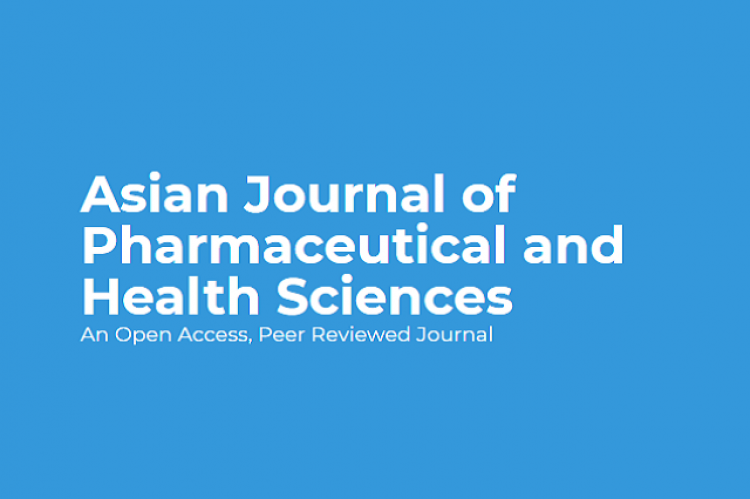Clinical pharmacy services are needed into practice for better pharmacotherapy towards safe and optimal patient care. It takes into account, patient-centred orientation with specialized therapeutic knowledge, experience and judgement to assure prudent patient outcomes. Medication Reconciliation is one of the fundamental responsibilities of clinical pharmacy as it forms the basis for many different clinical pharmacy activities such as patient counselling, therapeutic drug monitoring, and detection and regulation of probable adverse drug reactions; therefore, it is the principal duty of a clinical pharmacist to approve drug orders. In many hospitals, where clinical pharmacy services are not fully established much commitment is needed for betterment and expansion of this system in contemplation of bringing out the benefits of these services for advantage of society. Clinical pharmacy mainly focuses on a patient-oriented attitude. They require regular and frequent interactions with the physicians and other health care providers which contribute to improved quality of care. The provision of pharmaceutical care can result in expanded identification of drugs and dose associated problems in admitted patients. The decision-making process for choosing economical and effective medications can be assisted by pharmacists in order to improve the standard of patient care and clinical results by ensuring that medications are chosen in accordance with local protocols and formularies. Clinical pharmacist plays a key role in the patient safety initiatives, intercepting and acting towards feasible prescribing errors. Clinical pharmacy services can serve as vital contributing factor in the betterment of health care system. Pharmacists have roles and responsibilities both as team members and as individual practitioners ensuring that patients benefit from their pharmaceutical care.
View:
- PDF (117.45 KB)


